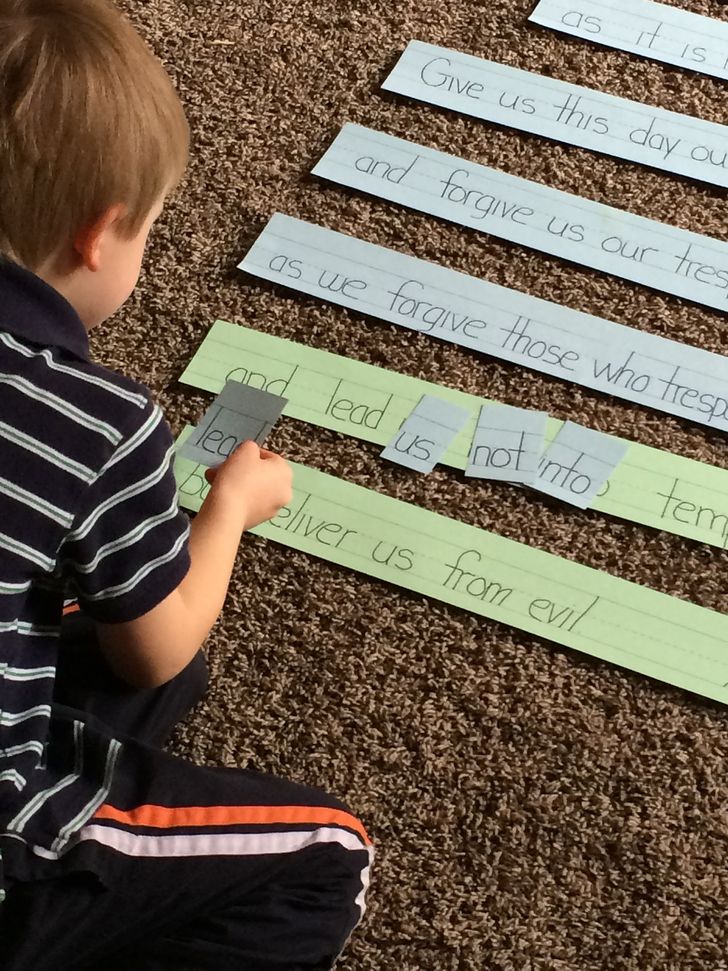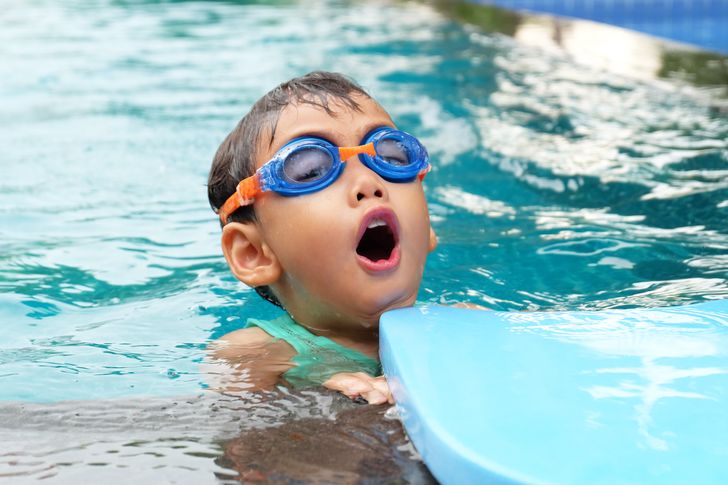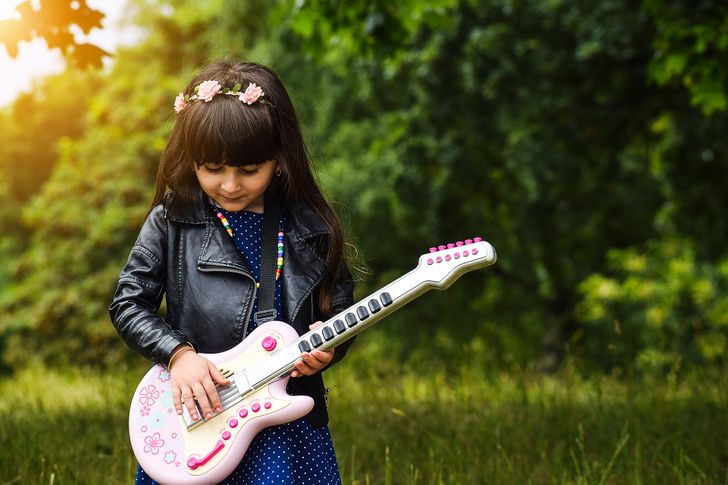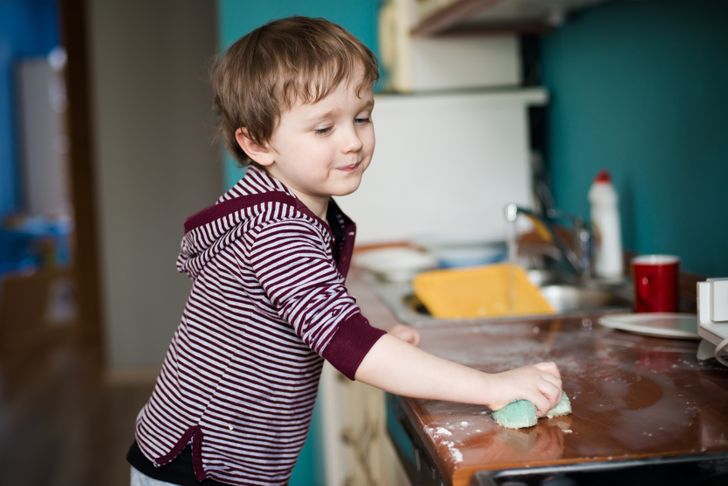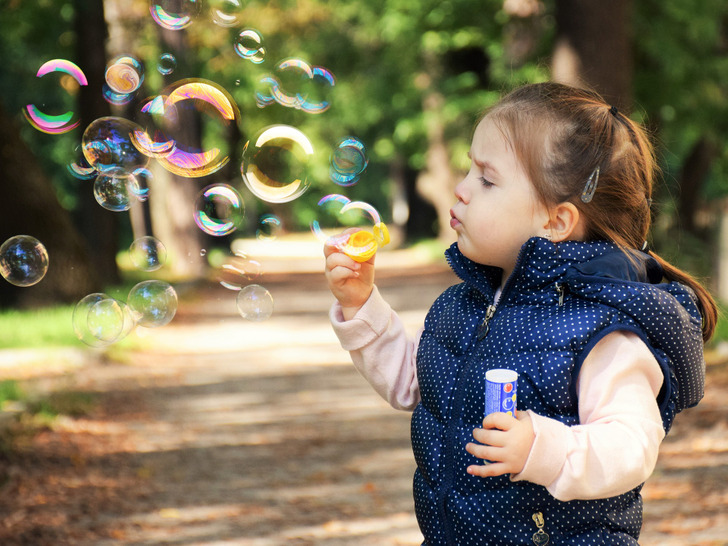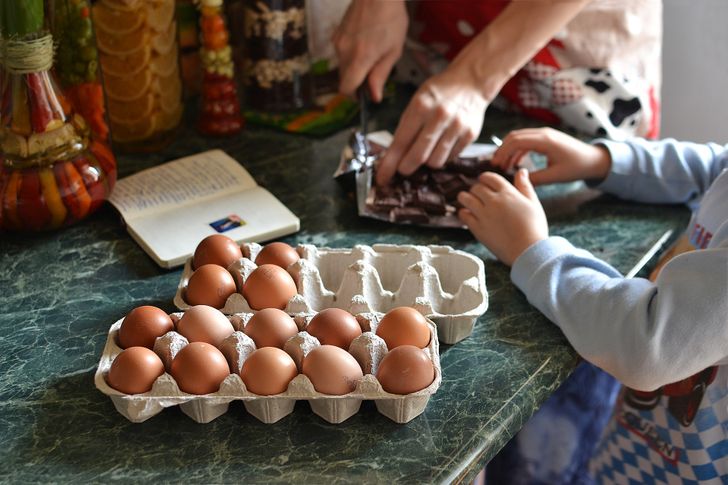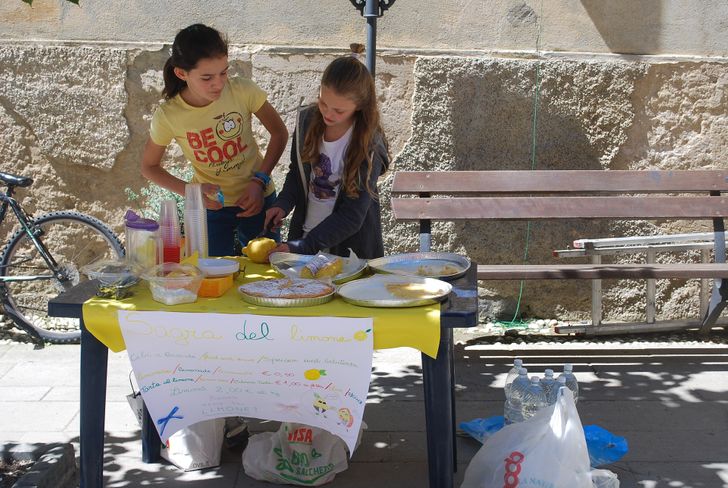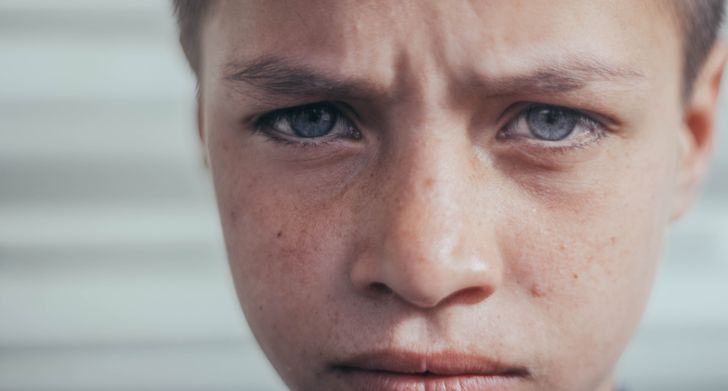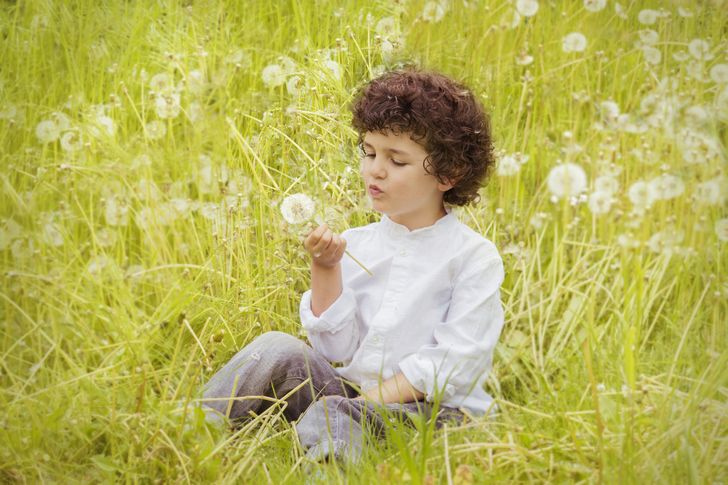I guess playing an instruments part needs to be done carefully, In my childhood I was obsessed with the piano, but my tichers were so strict to me, so at the end I hated this instrument. :D
Telling whats on their mind is also really important, even many adults struglle sometimes to talk about heir inner struggles. And it comes from the childhood...
10 Things a Kid Needs to Learn in Childhood to Be a Happier Adult
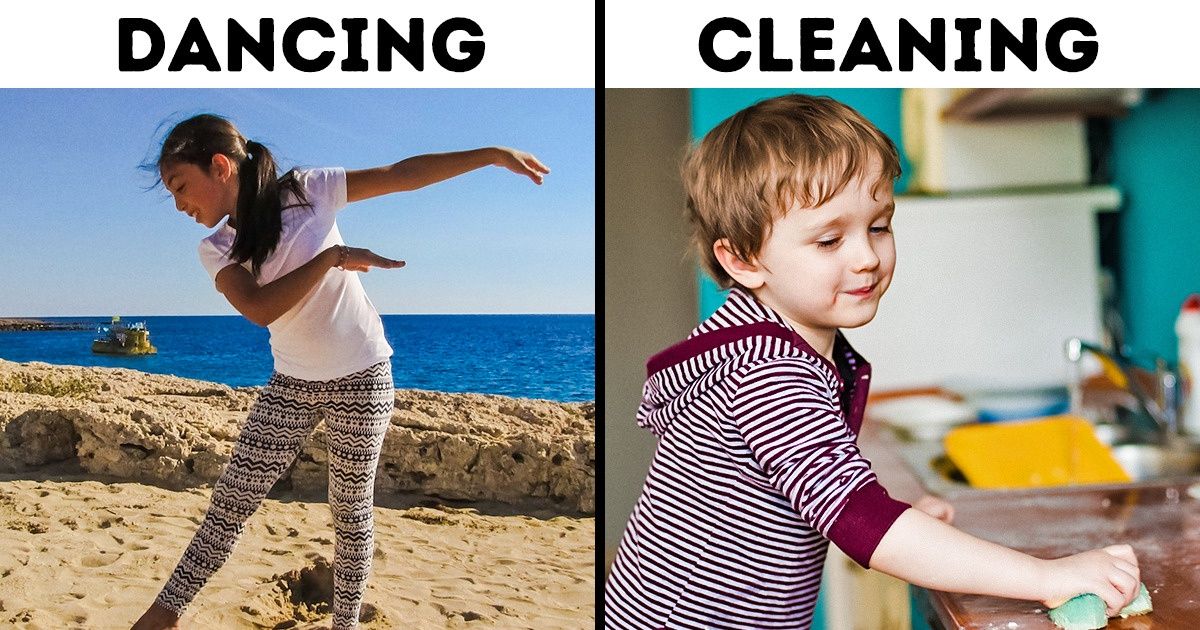
In the first years of life, your child receives a large amount of information from their surroundings and stores it. “Children’s brains are like a sponge,” some people say. And, in childhood, they form the basis for their self-image and language. That’s why there are certain essential lessons in the early years that your child must learn to build a foundation to help them master more complex skills in adulthood.
Bright Side has put together a list of skills for you that are best obtained from a young age, and that will be very useful for your children when they become adults.
1. A second language
One study showed that children who learn a second language adapt more quickly to change, have a better memory, and a better understanding of language in general. Not to mention that communicating in other parts of the world will not be a problem for your child, and they will enjoy having more career options. On top of everything, scientists from the Rotman Research Institute in Canada have proven that speaking 2 languages helps the brain delay the onset of Alzheimer’s in old age.
2. Swimming
Practicing any physical activity allows us to live a healthier life. What makes swimming different is that, besides being a skill that could save your child’s life in an extreme situation or open the door to different experiences, it will strengthen their limbs and help them better develop their coordination. Swimming also helps the brain stay healthy longer, according to scientists.
3. Playing an instrument
The Journal of Neuroscience published a study where it was discovered that learning to play an instrument improves auditory skills and helps delay the deterioration of brain capacities that are natural to aging. This is because, when we play an instrument, we activate several brain systems at once like auditory, motor, and perception. When your child becomes an adult, they will have a better ability to communicate and express themselves creatively.
4. Dancing
A study from the Karlstad University revealed that dancing improves performance in hyperactive children. It allows them to communicate and express their emotions through their body, and with the help of music, encourages creativity, social skills, motor skills, and builds self-esteem. Dancing will also bring your children closer to different cultures, and make them tend to be more open-minded and have confidence in their own bodies.
5. Recycling
By recycling, we contribute to taking care of our planet and leaving a better world for the following generations, which is already a great advantage. But recycling is good for your children as well since it is proven that having reusable materials at your fingertips encourages creativity and psychomotricity. Your child will know that they don’t need tons of expensive resources to execute their ideas.
6. Cleaning
Order and hygiene are indispensable for the life of any human being. Aside from practical reasons, such as leading a healthy life, it helps make mental processes more structured and organized. In Japan, cleaning one’s own classroom and the school building is a part of school education.
7. Sense of orientation
Encouraging the development of your child’s sense of direction is good for their brain and will help them behave more easily wherever they are. A study reveals that there is an internal GPS that creates networks in our neurons that, as we learn, feed our sense of direction and help the brain plan routes, improving our decision-making process.
8. Cooking
By cooking with your children, you improve their relationship with food. If you involve them in the preparation of a dish, they will be more careful when eating and less likely to consume junk food. Just by following a recipe, they will learn the importance of following instructions and will explore each ingredient with their senses. Show them what each food does when they cook it and, if your child is still very small, start with simple things to avoid accidents.
9. Using money
As we grow up, financial responsibilities arrive gradually, and if we’re not prepared, we could make mistakes. It’s important to teach children that money is a tool, not a reward, and that it’s not enough to learn to save, it’s also vital to learn to use it wisely.
10. Communicating their feelings
There is no such thing as being happy all the time. Some situations generate uncomfortable emotions in us that we can’t avoid. Teaching your child from an early age how to identify these feelings, accept them, and communicate them is something they will thank you for forever. Emotional intelligence will allow your child to make decisions and react appropriately in complex situations.
Bonus: Teach them to relax
Schools teach children to have excellent academic performance, carry out tasks, acquire information, and live with other people. Parents should teach them about the importance of taking a break and how to find moments to play and release tension. There are different breathing techniques that the whole family can practice to create a relaxed environment at home.
Which of these lessons is the most important in your opinion? Would you have liked to acquire some of them at a younger age? Tell us in the comments.
Comments
Agree that teaching kids that we need to recycle is important, the furute of our planet depends on us and on the future generations too!
I would say that learning languages is good at any age! It's the best memory trainer. It also helps to develop your intellect and makes us more open up to the world
Related Reads
15 Moments That Show Kindness Is Quiet but Changes Everything

18 Pets Who Proved They Understand the World Much Better Than We Think

I Won’t Sacrifice My Last Good Years Because My Son Refuses to Grow Up

15 “How We Met” Stories Destined to Become Family Legends

10 Jaw-Dropping Stories Where One Moment Changed Everything

15 Success Moments From Strangers That Deserve All the Golden Buzzers in the World

12 Stories That Prove Real Kindness Is About Actions, Not Words

15 Moments That Prove Kindness Holds Strong When Life Hits Hard

I Refuse to Help My Pregnant Sister, and I Don’t Feel Guilty

I Refuse to Let My Sister Get Away Without Repaying My Money, I’m Not Charity

11 Stories That Prove Kindness Is the Courage We’re Searching For

I Refuse to Forgive My Wife for What She Did to My Son

